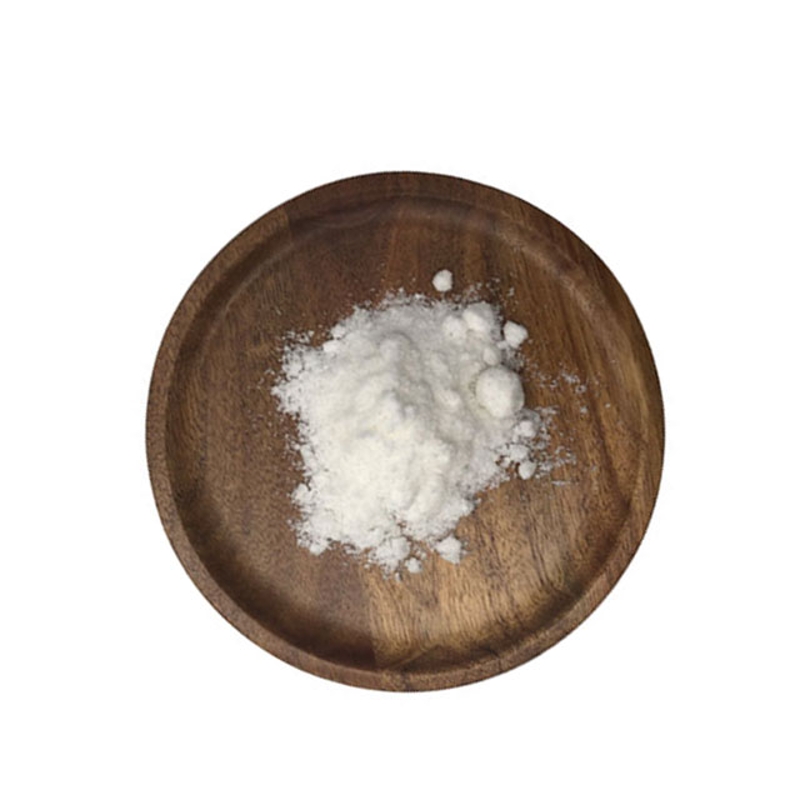-
Categories
-
Pharmaceutical Intermediates
-
Active Pharmaceutical Ingredients
-
Food Additives
- Industrial Coatings
- Agrochemicals
- Dyes and Pigments
- Surfactant
- Flavors and Fragrances
- Chemical Reagents
- Catalyst and Auxiliary
- Natural Products
- Inorganic Chemistry
-
Organic Chemistry
-
Biochemical Engineering
- Analytical Chemistry
- Cosmetic Ingredient
-
Pharmaceutical Intermediates
Promotion
ECHEMI Mall
Wholesale
Weekly Price
Exhibition
News
-
Trade Service
Stroke incidence and mortality in Japan have declined sharply over the past half century, but this trend has slowed in recent decades
.
In the long term, it remains unknown whether improvements in demographic characteristics and treatment techniques alter stroke severity and functional outcomes
.
Professor Kazunori Toyoda's team from the Department of Cerebrovascular Medicine, National Cardiovascular and Cerebrovascular Center, Japan, recently used the Japanese Stroke Database to investigate long-term changes in initial neurological severity and short-term functional outcomes in ischemic and hemorrhagic stroke patients over a 20-year period with a large population.
.
Compiled and organized by Yimaitong, please do not reprint without authorization
.
STUDY INTRODUCTION This is a nationwide, hospital-based, multicenter, prospective registry cohort study using the Japanese Stroke Database, including patients with acute stroke from January 2000 to December 2019
.
Stroke patients, including ischemic and hemorrhagic strokes, were enrolled within 7 days of symptom onset
.
Modified Rankin Scale scores were assessed at discharge in all patients
.
Results were judged favorable if the modified Rankin scale score was 0 to 2, and unfavorable if the score was 5 to 6
.
Results ➤ Among 183,080 patients, 135,266 (53,800 women [39.
8%]; median [IQR] age, 74 [66-82] years) had ischemic stroke, 36,014 (15,365 women [42.
7%]) ]; median [IQR] age, 70 [59-79] years) with cerebral hemorrhage, 11,800 (7924 women [67.
2%]; median [IQR] age, 64 [53-75] years) with arachnoid Inferior hemorrhage
.
Across all 3 stroke types, multivariate analysis showed an increase in median age at onset and a decrease in National Institutes of Health Stroke Scale and World Federation of Neurosurgeons scores over a 20-year period
.
➤ For ischemic stroke, the proportion of favorable outcomes increased over time after age adjustment (odds ratio [OR], 1.
020; 95% CI, 1.
015-1.
024 for women and 1.
015 for men; 95% CI, 1.
011 -1.
018), but stagnated or even declined in men, multivariate adjustment including reperfusion therapy (OR, 0.
997 for women; 95% CI, 0.
991-1.
003, 0.
990 for men; 95% CI, 0.
985 -0.
994)
.
Adverse outcomes and in-hospital mortality decreased for both men and women
.
➤ In intracerebral hemorrhage, favorable outcomes decreased in both men and women, while unfavorable outcomes and mortality decreased only in women
.
In subarachnoid hemorrhage, the proportion of favorable outcomes remained unchanged, while the proportions of unfavorable outcomes and death decreased in both sexes
.
CONCLUSIONS: Functional outcomes have improved in patients with ischemic stroke in both sexes over the past 20 years, likely due to the development of acute reperfusion therapy
.
The prognosis of patients with hemorrhagic stroke during the same period was not significantly improved
.
Compiled from: Toyoda K, Yoshimura S, Nakai M, et al.
Twenty-Year Change in Severity and Outcome of Ischemic and Hemorrhagic Strokes.
JAMA Neurol.
2022;79(1):61–69.
doi:10.
1001/ jamaneurol.
2021.
4346







